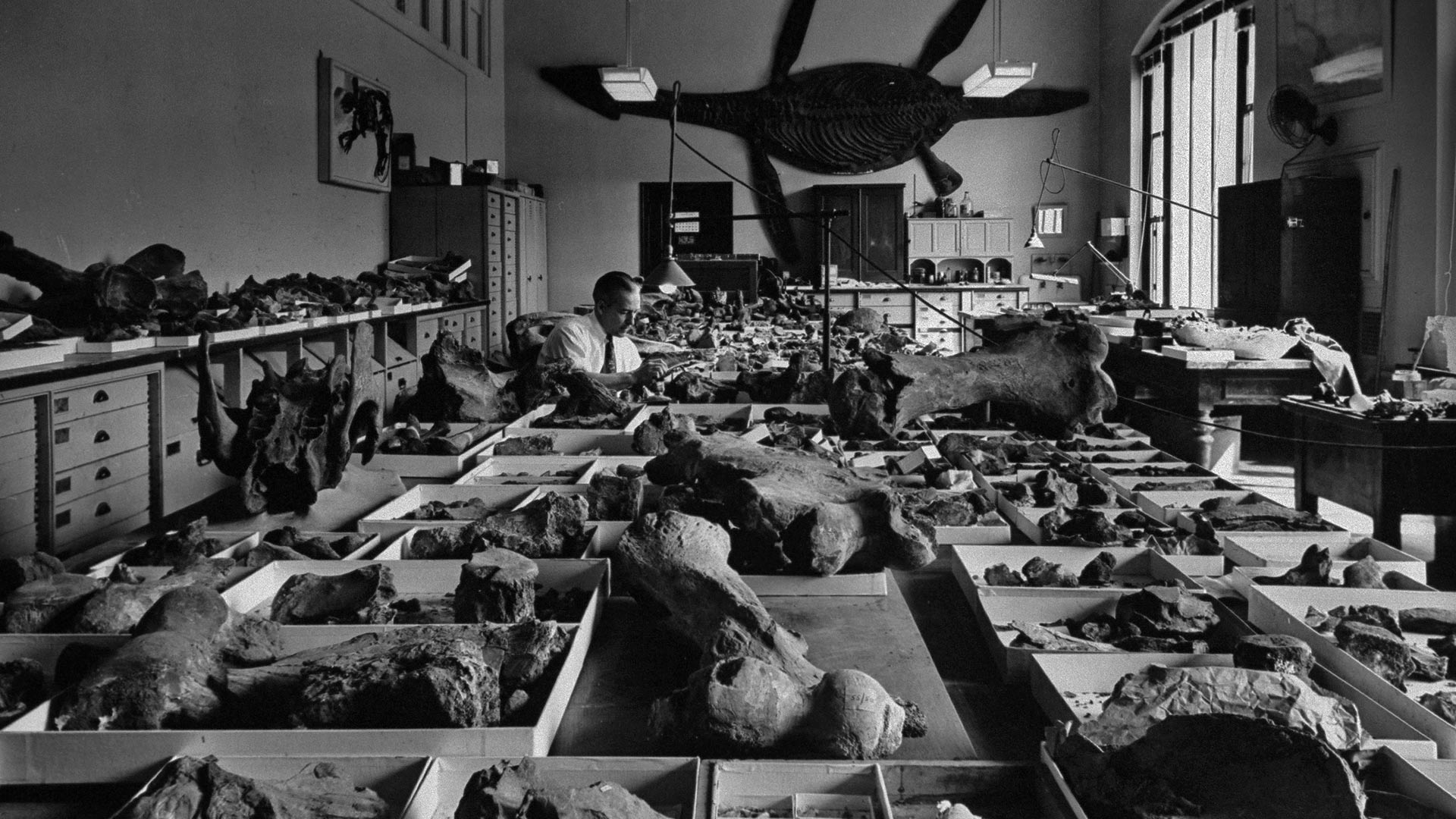Medical waste management is a crucial aspect of the healthcare industry that often goes unnoticed by the general public. The proper handling and disposal of medical waste is essential to protect both the environment and public health. In this article, we will take a closer look at the world of medical waste management, including the processes involved and regulations that govern it.
Medical waste is defined as any waste generated during healthcare activities that could potentially pose a risk to public health or the environment. This includes items such as used needles, syringes, bandages, and any other materials contaminated with blood, bodily fluids, or infectious agents. Proper management of medical waste is essential to prevent the spread of infections and protect the environment from potential harm.
The process of medical waste management begins at the point of generation, typically in healthcare facilities such as hospitals, clinics, and labs. Once the waste is generated, it is collected and separated into different categories based on its level of contamination and potential risk. For example, sharps (needles, syringes, etc.) are often separated from other types of waste due to their potential to cause injury or transmit infections.
Once the waste has been segregated, it is then treated and disposed of in accordance with regulations set forth by government agencies such as the Environmental Protection Agency (EPA) and the Department of Transportation (DOT). Treatment methods for medical waste vary depending on the type and level of contamination, but may include autoclaving (steam sterilization), incineration, or chemical disinfection.
Regulations governing the management of medical waste are strict and are intended to protect both human health and the environment. These regulations specify how medical waste must be collected, stored, treated, transported, and disposed of to minimize the risk of exposure to harmful pathogens and contaminants. Failure to comply with these regulations can result in fines and other penalties for healthcare facilities and waste management companies.
In addition to federal regulations, many states and local governments have their own laws governing the management of medical waste. These regulations may include specific requirements for record-keeping, training of personnel, and the use of specific equipment for handling and disposing of medical waste.
Overall, medical waste management is a complex and highly regulated process that plays a critical role in ensuring public health and environmental safety. By following strict guidelines and best practices for the handling and disposal of medical waste, healthcare facilities can minimize the risk of infection and protect the environment for future generations.






